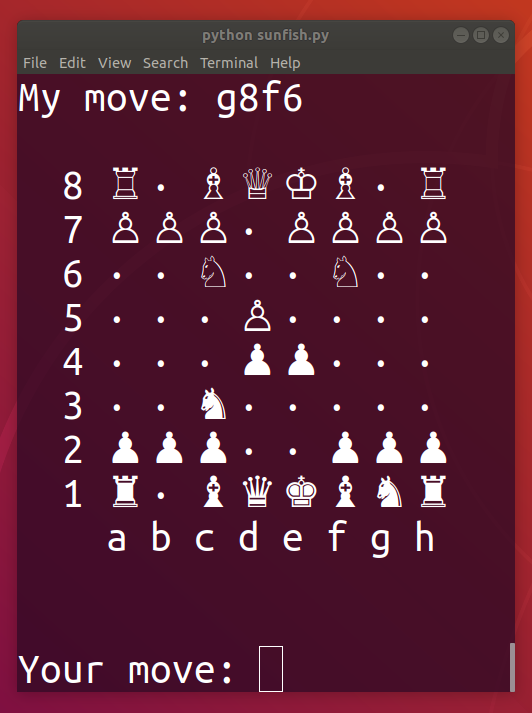3 minutes
February 2020 / March 2020 - overview
It has been a steady couple of months, despite the world going into lockdown over COVID-19.
I’ve mostly been occupied with web archiving and digital preservation stuff. I’ve been playing around with the Internet Archive’s brozzler crawler; using ExifTool to modify metadata; and I’ve been writing all sorts of scripts/tools to automate small tasks (I’m thinking of putting them together as a collection on GitHub).
Regarding digital preservation - I’ve started reading The Theory and Craft of Digital Preservation (Owens, T. 2018) (so far, so good) and I’ve also found this quite cool Stacks blog from the Wellcome Collection which goes over their digital preservation strategy and tools.
From the “The Great 2020 plan", I achieved the following:
I read
-
As We May Think(Bush, V., 1945)
-
Computing Machinery and Intelligence(Turing, A., 1950)
-
Flatland (Abbott, 1884)
-
A Mathematician’s Apology (Hardy, 1940)
-
The Man Who Loved Only Numbers (Hoffman, 1998)
-
The Cathedral & the Bazaar: Musings on Linux and Open Source (Raymond, 1999)
I really enjoyed the two articles As We May Think and Computing Machinery and Intelligence. As We May Think was a super cool read and I was amazed at just how visionary it was, it pretty much anticipated modern computing and the internet - in 1945. I especially liked the description of the Memex -
“Consider a future device for individual use, which is a sort of mechanized private file and library. It needs a name, and, to coin one at random, “memex” will do. A memex is a device in which an individual stores all his books, records, and communications, and which is mechanized so that it may be consulted with exceeding speed and flexibility. It is an enlarged intimate supplement to his memory.”
Computing Machinery and Intelligence is the paper where Turing introduces his famous Turing test. A lot of it is Turing arguing against objections to his question ‘Can machines think?', such as the theological objection; the argument from consciousness; Lady Lovelace’s objection and many others. I have to admit I found this rather quaint passage on machine learning to be quite humorous -
“It will not be possible to apply exactly the same teaching process to the machine as to a normal child. It will not, for instance, be provided with legs, so that it could not be asked to go out and fill the coal scuttle. Possibly it might not have eyes. But however well these deficiencies might be overcome by clever engineering, one could not send the creature to school without the other children making excessive fun of it.”
A couple of new Python libraries that I’ve used recently -
-
https://github.com/kootenpv/yagmail - Send email in Python conveniently for gmail using yagmail
-
https://github.com/thomasahle/sunfish - Sunfish: a Python Chess Engine in 111 lines of code
